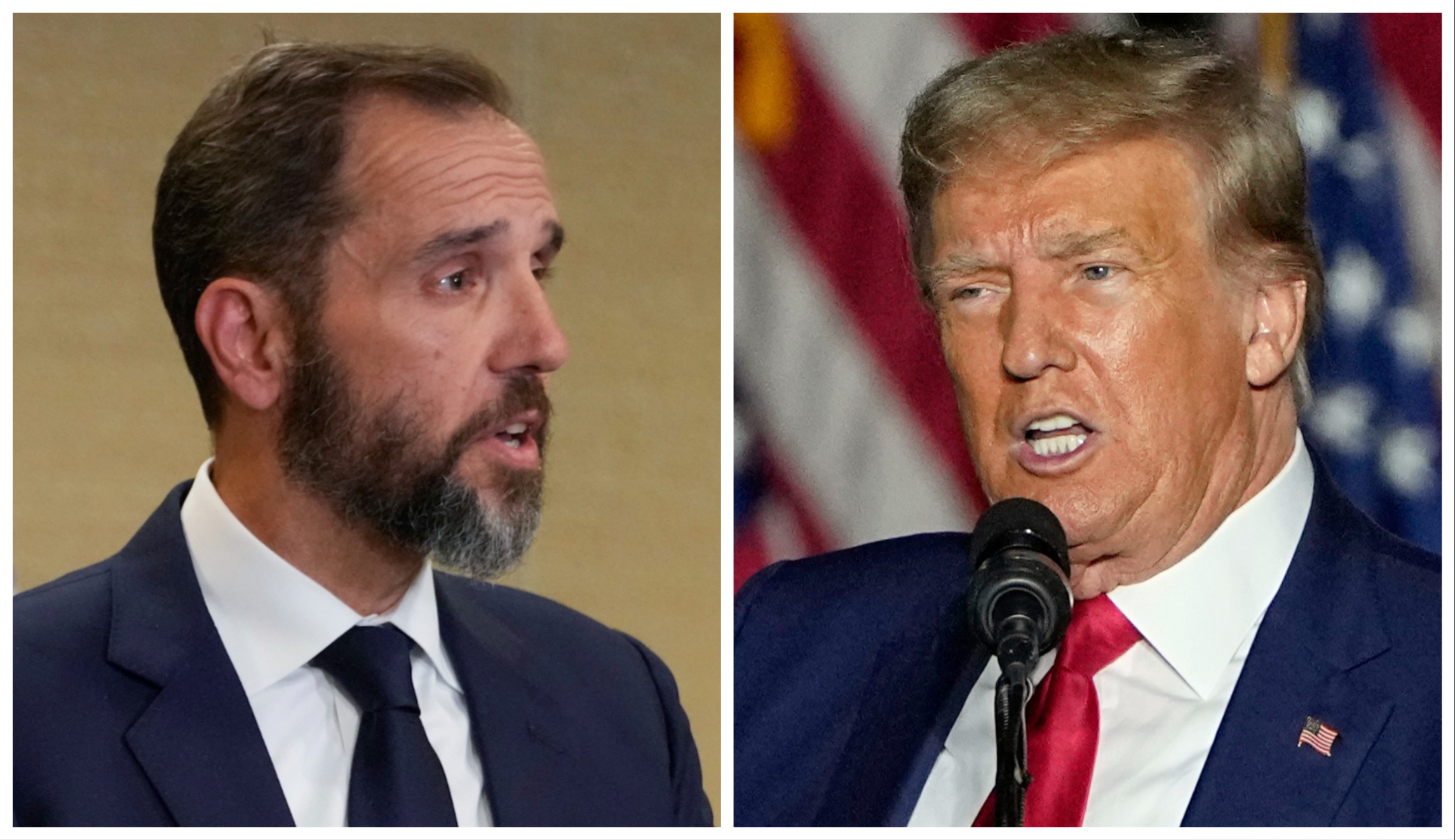The Supreme Court on Friday decided not to intervene in former President Donald Trump’s criminal case for now, saying it wouldn’t decide a key question of whether he is broadly immune for actions he took challenging the 2020 election.
The high court denied without comment special counsel Jack Smith’s request asking the justices to step over the typical appeals court process and quickly decide the legal question, which is core to Trump’s criminal prosecution in Washington, D.C., over allegations of conspiring to upend President Joe Biden’s victory.
DEMOCRATS SPLIT ON WHETHER COLORADO BALLOT RULING WILL HURT BIDEN IN 2024

While the Supreme Court initially agreed on Dec. 11 to expedite briefing over whether to take up the matter, the justices sided with Trump, marking a small but notable victory for the Republican front-runner seeking to delay his criminal trial at every juncture.
As a result of the court’s refusal to intervene, the U.S. Court of Appeals for the District of Columbia Circuit will take up the dispute, which is slated for oral arguments on Jan. 9. Once that court rules, the high court could act quickly on whether to take up the case.
Smith on Thursday said the matter must have “immediate” examination by the Supreme Court.
“The charges here are of the utmost gravity,” Smith’s office told the justices. “This case involves — for the first time in our Nation’s history — criminal charges against a former President based on his actions while in office. And not just any actions: alleged acts to perpetuate himself in power by frustrating the constitutionally prescribed process for certifying the lawful winner of an election.
Trump’s lawyers argued in court papers that Smith had given “no compelling reason” why the justices should immediately circumvent the appeals court’s review.
This dispute stems from U.S. District Court Judge Tanya Chutkan rejecting Trump’s bid to dismiss the indictment on presidential immunity and constitutional grounds. The case is effectively on hold while Trump appeals the decision.
Bradley Moss, an attorney specializing in national security law, estimated that this matter wouldn’t reach the Supreme Court again for at least another 30 days.
“This likely won’t get to SCOTUS any earlier than February now,” he wrote in a post on X, formerly Twitter.
Once the appeals court rules on the matter, that wouldn’t preclude the losing side from asking the justices to step in at that point.
Still, it does mean if the Supreme Court decides to get involved, Trump’s federal criminal trial related to the 2020 election would almost definitely be delayed from its slated March 4 date, although it’s not clear how far back the trial would be pushed.
Trump has been charged with four counts in the election subversion case. Two relate to the disruption of Congress’s certification of the electoral vote on Jan. 6. Another charge alleges a scheme to defraud the United States through a sustained effort to impede the collection, counting, and certification of votes in the 2020 election. The fourth charge accuses Trump of a conspiracy to deprive citizens of a right secured under federal law, or the right to have one’s votes counted.
CLICK HERE TO READ MORE FROM THE WASHINGTON EXAMINER
The former president has pleaded not guilty to not only the counts in this case but to the total of 91 charges he faces across four total criminal indictments.
Trump is also poised to come knocking at the Supreme Court’s door shortly after Christmas because the Colorado Supreme Court ruled this week that he is ineligible to appear on the state’s ballot under a so-called insurrection clause of the 14th Amendment. The state court justices stayed their decision until Jan. 4 to give Trump time to appeal that decision.

